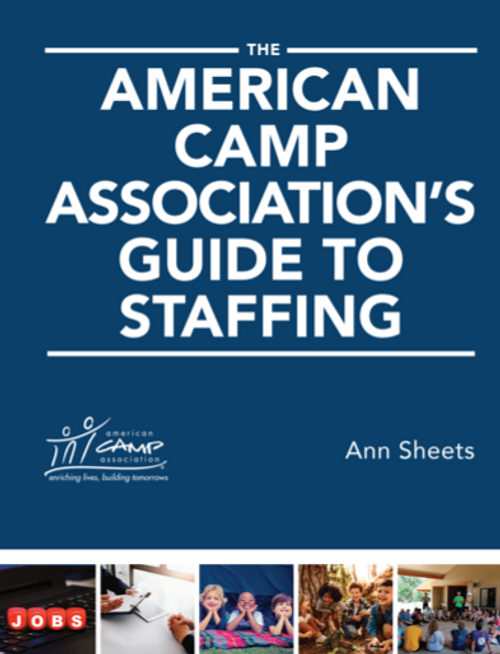The American Camp Association’s Guide to Financial Management is a must-have resource that should be an integral part of every camp professional’s library. Written for those individuals who do not have a financial background or experience, this book takes the reader through all phases of financial management, from organization of the entity to accounting basics and financial reporting.
Accounting concepts are explained in an easy-to-understand manner and include setting up a chart of accounts, how to record transactions, and how to produce statements and when. Sample internal controls are included in each chapter to help guide the reader to typical policies and procedures that should be in place in an organization.
Emphasis is given to the budgeting process, including how to develop a budget and how to estimate both income and expenses. Worksheets for budgeting are included. Estimating salary and related expenditures is also covered, as well as payroll and related processes, with options on how to issue a payroll to camp staff. In addition, how to select an accounting software is discussed, as well as what to ask for regarding security features. In a straightforward manner, the book also examines how to protect assets and prevent fraud.
The role of banking in the camp community is addressed, with pros and cons in selecting a bank covered, along with the types of services offered by banks, both brick and mortar traditional banks vs. online banks. Use of credit cards, payment services such as Paypal or Venmo, and ACH/EFT payments are explained. Also included in the book is guidance related to borrowing money and setting up a line of credit, along with a description of various types of loans and sources for loans.
This one-of-a-kind guide also addresses the treatment of fixed assets and how to account for depreciation. Taxes and Internal Revenue Service requirements are noted, as well as some camp-specific information about the treatment of meals and lodging provided by camps. The author also details descriptions for finance-related positions and the use of outside professionals for audit and investment services.
Finally, the appendices provide excellent resources for everything from contact information for state small business help and labor offices to payday laws, minimum wages, and new-hire reporting.







